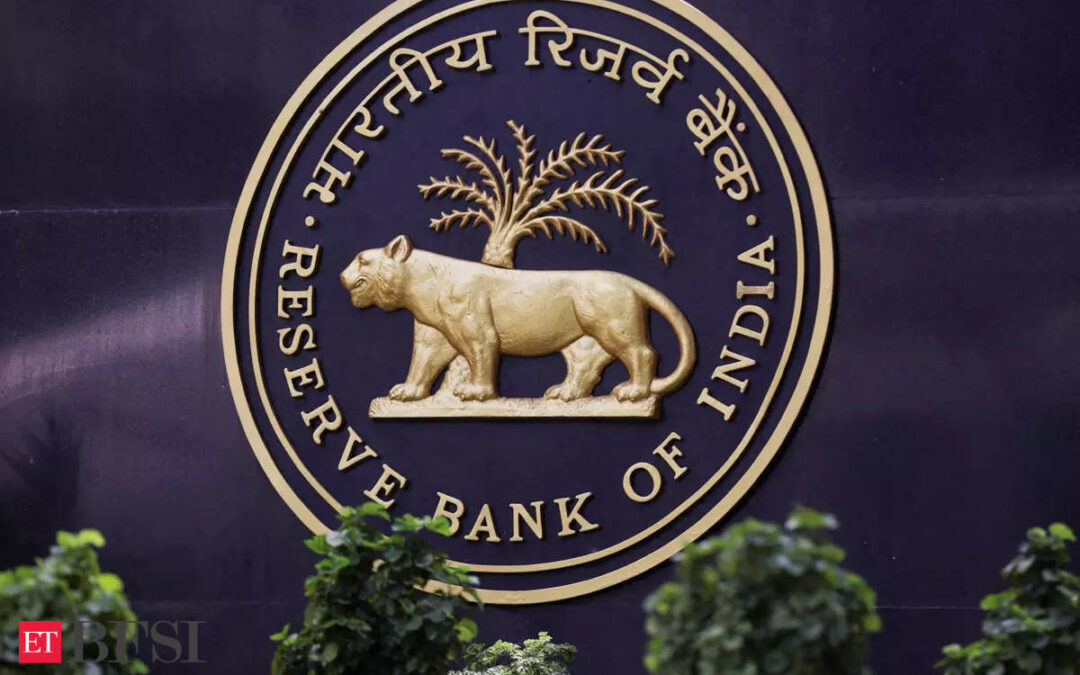“By tying insurance premiums to the level of risk posed by individual financial institutions, deposit insurers can incentivise banks to adopt stronger risk management practices,” said Swaminathan J, Deputy Governor of the Reserve Bank of India, during a recent international conference hosted by DICGC in Jaipur.
Swaminathan believes this approach not only enhances the overall stability of the financial system but also ensures that institutions with higher risk profiles contribute more to the insurance fund.
He emphasised the need for deposit insurers to take a proactive stance, helping ensure that financial institutions under their purview are adequately prepared to manage risks, thereby safeguarding depositor confidence.
Setting Insurance Premiums
“By using supervisory rating assessments as a basis for setting insurance premiums or determining intervention strategies, deposit insurers can ensure that their actions are informed by a comprehensive understanding of each institution’s risk profile,” Swaminathan said.
He also stressed the importance of developing advanced risk assessment tools in collaboration with supervisors to effectively identify and quantify the impact of technology-induced risks on financial institutions.
This includes integrating cybersecurity risk assessments into their overall evaluation of financial institutions’ health, as well as monitoring the operational resilience of banks’ digital payment systems.
Strengthening oversight and crisis preparedness
To address these challenges, Swaminathan urged deposit insurers to collaborate closely with regulators and supervisors to strengthen oversight mechanisms.
He mentioned regularly updating regulatory frameworks to incorporate emerging risks, such as those associated with digital payments and cybersecurity.
Swaminathan recommended continuous training in areas such as cybersecurity, fintech, and digital payments to ensure that deposit insurer teams are prepared to respond swiftly and effectively to crises.
He also called for the establishment of industry-wide forums for information sharing to build a collective defense against potential threats.
“By integrating digital tools and automated systems, deposit insurers can reduce the time required to process claims, ensuring that depositors receive timely compensation in the event of a bank failure,” Swaminathan stated.
He added that these technologies could also aid in detecting fraudulent claims, thereby ensuring payouts are made to legitimate claimants. Faster claim settlements not only enhance depositor confidence but also reinforce the credibility and reliability of the deposit insurance system.











